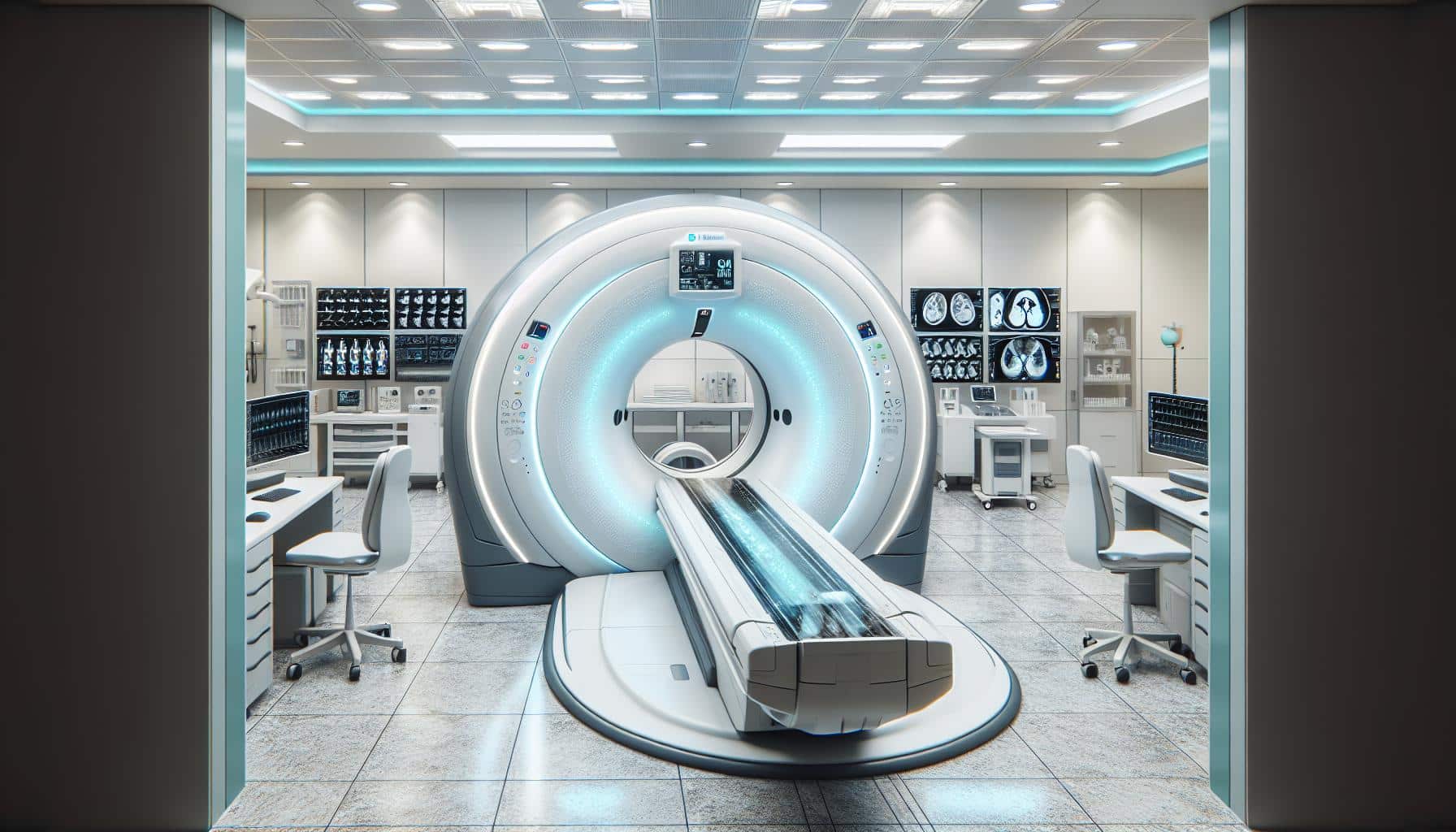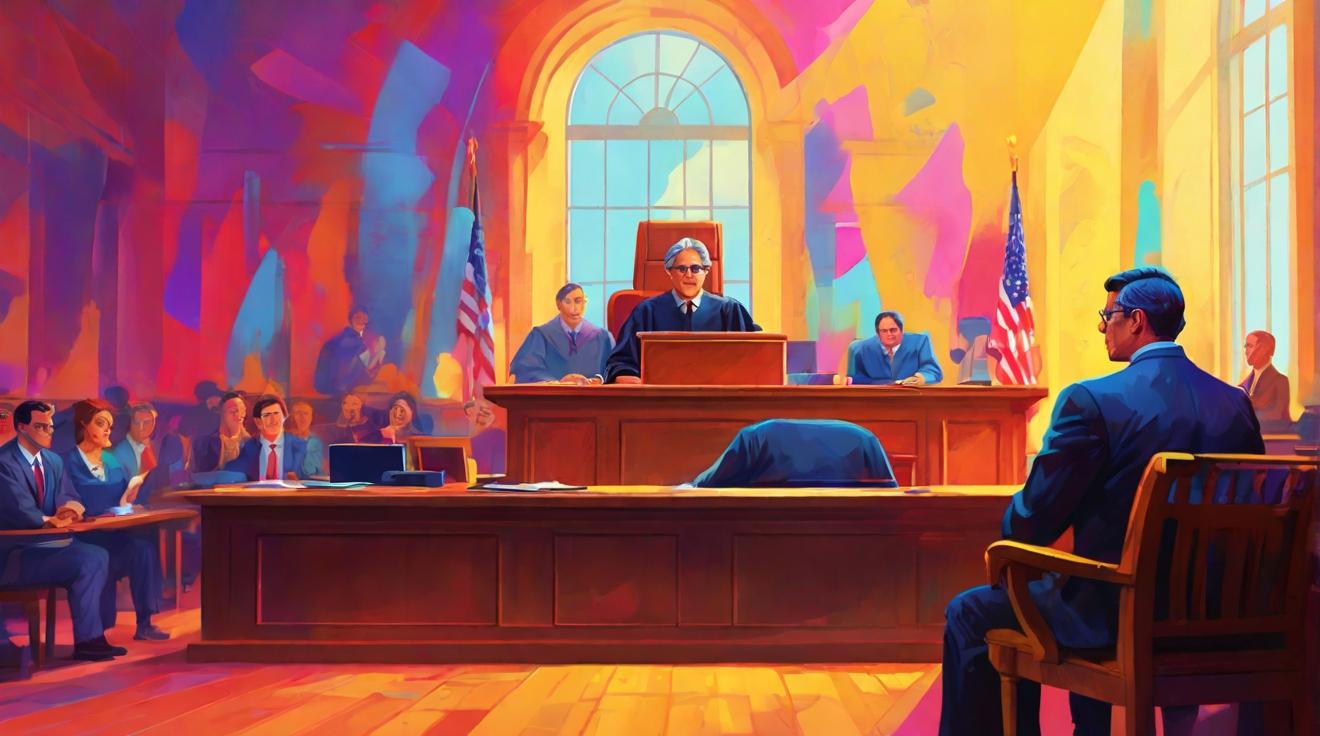The Growing Acceptance of Psychedelics in Mainstream Medicine
Psychedelics, for decades considered taboo and associated with counterculture movements, are now gaining traction in mainstream medicine. Long relegated to political and medical purgatory, these mind-altering substances are finally shedding their stigma. This shift is not without its controversies, but the therapeutic potential of psychedelics is receiving increasing attention and validation.
Research and Funding Boost for Psychedelic Therapies
Respected academic institutions and influential individuals are contributing to the growing research and funding for psychedelic therapies. The once-underground field is now receiving support from institutions like universities and billionaires. These notable backers recognize the potential for these substances to treat various mental health conditions, particularly post-traumatic stress disorder (PTSD). The Food and Drug Administration (FDA) is even on the verge of approving MDMA, commonly known as ecstasy, as a treatment for PTSD.
Challenges in Financial Potential of Psychedelic Drugs
However, despite the growing interest in psychedelic therapies, Wall Street and big pharma remain skeptical about their financial potential. One significant concern is intellectual property. While pharmaceutical companies typically benefit from exclusive profits for over a decade when new compounds are discovered in a lab, psychedelics like LSD and psilocybin have been in existence for a long time. This poses challenges for patenting these substances and raises questions about potential profits.
Controversy Surrounding Patent Protection for Psychedelic Compounds
Despite the challenges in patenting psychedelic compounds, companies are finding ways to protect their intellectual property. They are patenting formulations of the drugs and even elements like the furniture in a treatment room. However, these patent protection strategies come with their own controversies. Many argue that these substances have a long history of traditional use and should not be monopolized by a few entities. Striking a balance between incentivizing innovation and ensuring access to these potentially life-changing therapies remains a complicated task.
The Promising Future of Psychedelic Therapies Amidst Uncertain Landscape
While financial concerns and controversies persist, the future of psychedelic therapies looks promising. The increasing acceptance and funding from academia, influential individuals, and government bodies like the FDA signify a significant shift in perception. The potential benefits of psychedelic treatments for mental health conditions like PTSD are hard to ignore. As more research is conducted and evidence accumulates, it is possible that these therapies will become a valuable addition to mainstream medicine. However, it is crucial to navigate the evolving regulatory and financial landscapes to ensure equitable access and responsible use of these powerful substances.
Analyst comment
Positive news. The market for psychedelic therapies is expected to grow as mainstream acceptance and funding increase. However, challenges such as patenting and financial skepticism from Wall Street and big pharma may slow down the market’s growth. Nevertheless, the potential benefits of these therapies for mental health conditions like PTSD make the future of the market promising. Navigating regulatory and financial landscapes will be important to ensure equitable access and responsible use of these substances.













